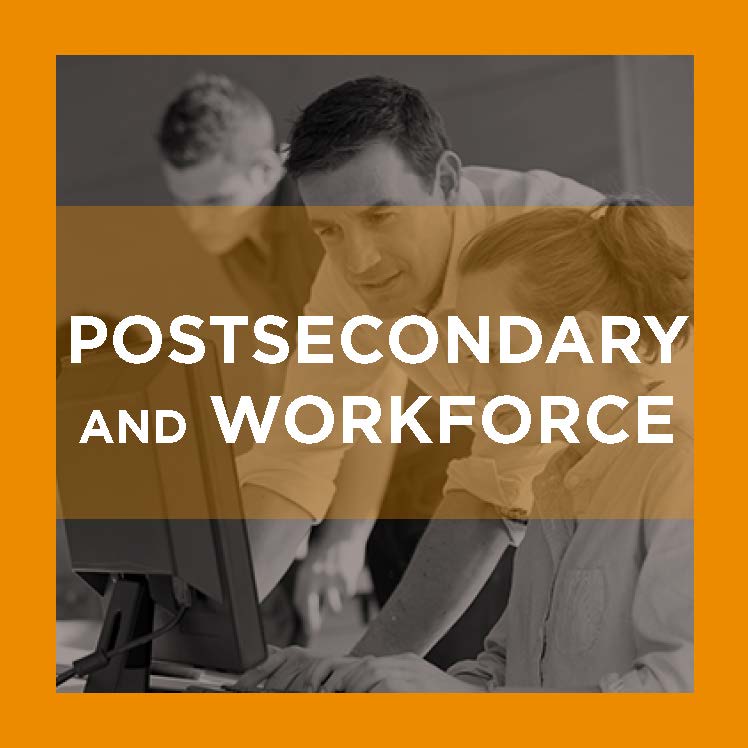This blog is the first in a series following the Supporting Adult Learners for Postsecondary Success convening, which took place in early October. In an effort to continue the important conversations surrounding adult learner success, we have invited guest bloggers to cover topics including adult financial aid, alternative credit accumulation, near-completers and additional financial supports for adult learners. We will publish these in the coming weeks.
Adult learners continue to ascend state policy agendas. From legislative proposals aimed at supporting student success to analyses highlighting the treatment of adults by state financial aid programs, state leaders and policy analysts are homing in on the necessity of recruiting, retaining, training and employing adults to meet state attainment goals and workforce needs.
In many respects, this is a good thing. It suggests that we’ve begun to address the informational problem — a lack of knowledge and understanding about the majority role adult learners play in the postsecondary ecosystem — that has kept adult learners at the periphery of state higher education policy discussions. But there are other framing challenges worthy of thoughtful consideration:
Social. The social cues around who is “in” and who is “out” when we talk about college students are significant, strong, and largely anchored in historic notions of 18-year-olds matriculating directly from high school into (likely residential) college and pursuing a bachelor’s degree of some kind.
From weekends featuring wall–to–wall college football and countless crowd scans of pumped-up residential students, to our television and movie references of postsecondary education, to the oversized influence of most flagship alums in our nation’s statehouses, the signals about who goes to college (or who should go) are not focused on adults. These things create and socially reinforce a mind map for policy officials — especially those new to politics or postsecondary policy — about what college-bound students look like.
Political. The electoral politics of higher education policymaking at the local level disadvantage the viewpoints of today’s adult learner. Adults with some or no college are less likely to vote or contribute time or money to local elections. When they do vote, they have very different political preferences then their more-educated peers.
This under-representation in political activity means that where discussion of postsecondary policies is happening in local races, they will reflect the policy preferences of 18-to-22-year-olds or their guardians, who are likely degree-holders.
Financial. The influx of adult learners puts added pressure on finite financial resources. In our work on financial aid redesign, for instance, we find that of the 100 largest state aid programs, the vast majority of them have eligibility requirements — regarding age, high school graduation date and enrollment at four-year institutions — that exclude adult students.
We are working with interested states to amend these restrictive criteria, but in many cases these requirements serve a necessary, if frustrating, rationing function. Simply put, adult students are bearing the brunt of limited state aid budgets in an environment where most large programs already have more student need than can be served.
These three framing challenges — social, political and financial — represent additional context for efforts to design, implement and evaluate policy that can support adult student success. As policy leaders and others build coalitions to gear up for the 2018 state legislative sessions, they should be mindful to intentionally consider these factors in their work.






